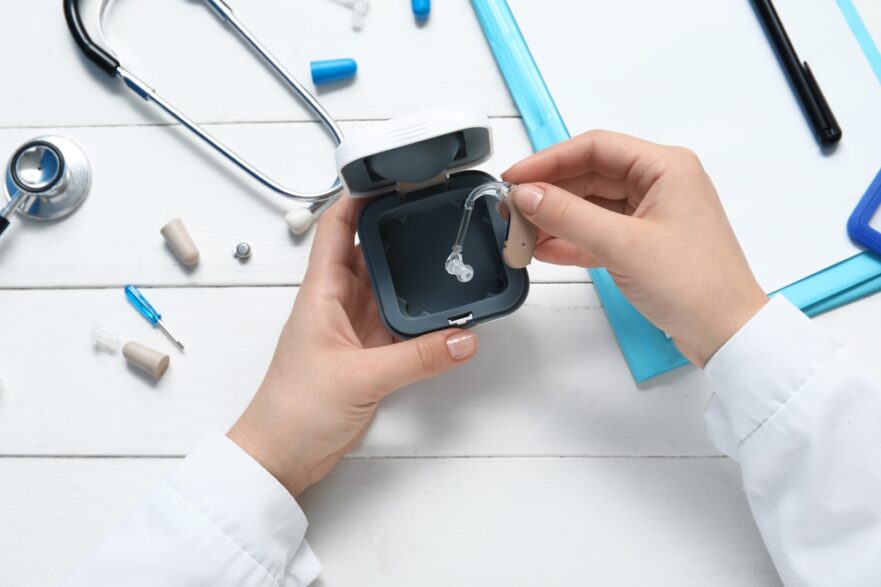Your hearing is one of the main ways you connect with the world around you. When you have trouble hearing, whether it’s age-related, caused by an injury, or a medical condition, you may need an assistive listening device to solve the specific issues you are experiencing. The hearing industry has developed a range of products to help people with hearing difficulties, but which one do you need? Here are some tips from the team at Fairway Hearing Center to help you decide:
Talk to Your Hearing Specialist
The best person to consult about your assistive listening device needs is the specialist who has been treating you for your hearing loss. They can tell you more about what is causing your issues and recommend devices to enhance your listening experience. Remember that assistive listening devices are used in conjunction with hearing aids to provide better audio clarity and volume.
Once you have an idea of your needs, we suggest you find a hearing aid dispenser that specializes in ALDs. At Fairway Hearing Center, we will be happy to tell you more about all the wonderful devices available and what they can do for you.
Here are some assistive listening devices you may want to consider:
Personal Microphone – This is a portable device with a microphone that captures sounds and amplifies them for the user. If you often find yourself in situations where your hearing aid does not perform adequately, a personal microphone can make sounds easier to hear and distinguish. For example, you might need a personal microphone to hear a professor speaking in a crowded lecture hall where they are far away from you.
Inductive Loop Systems – Some facilities, like theaters, lecture halls, and churches, install these devices that are designed to work with hearing aids equipped with telecoils. They use electromagnetic fields to transmit sounds directly to the hearing aid, improving audio clarity and eliminating confusing background noise. While this is not a device you would generally purchase for your own use, you may want to consider getting a hearing aid that works with this technology.
Bluetooth Systems – Now that Bluetooth technology is commonplace, various electronic devices can transmit sounds directly to hearing aids and cochlear implants. Do you have trouble hearing your phone, TV, or computer? With a Bluetooth-equipped hearing aid, you can have those sounds streamed directly through your hearing aids.
Closed-Captioned Phones – Sometimes, you may just need a bit of clarity for your phone calls to be sure you understand everything said. While a closed-captioned phone won’t do anything to improve sound volume or clarity, it will allow you to read your conversations so you don’t mishear anything easily.
Consider Your Hearing Needs
If you want to pick the right assistive listening device, you will need to think about your needs. In what situations do you have trouble hearing? Is it hard for you to hear your phone or TV? Can you converse with others one-on-one but need help distinguishing speech in crowded or noisy environments? How severe are your hearing difficulties? Do you frequent locations where an inductive loop system is installed?
Discuss these questions with your hearing specialist, and they can help you select a device that will meet your needs and your budget. If you need to speak with a hearing specialist in Millville, DE, or anywhere else nearby, the team at Fairway Hearing Center will be happy to discuss the wide range of assistive listening devices available to you. Call us at (302) 251-8252 or request an appointment online for help with all your hearing device-related questions!

